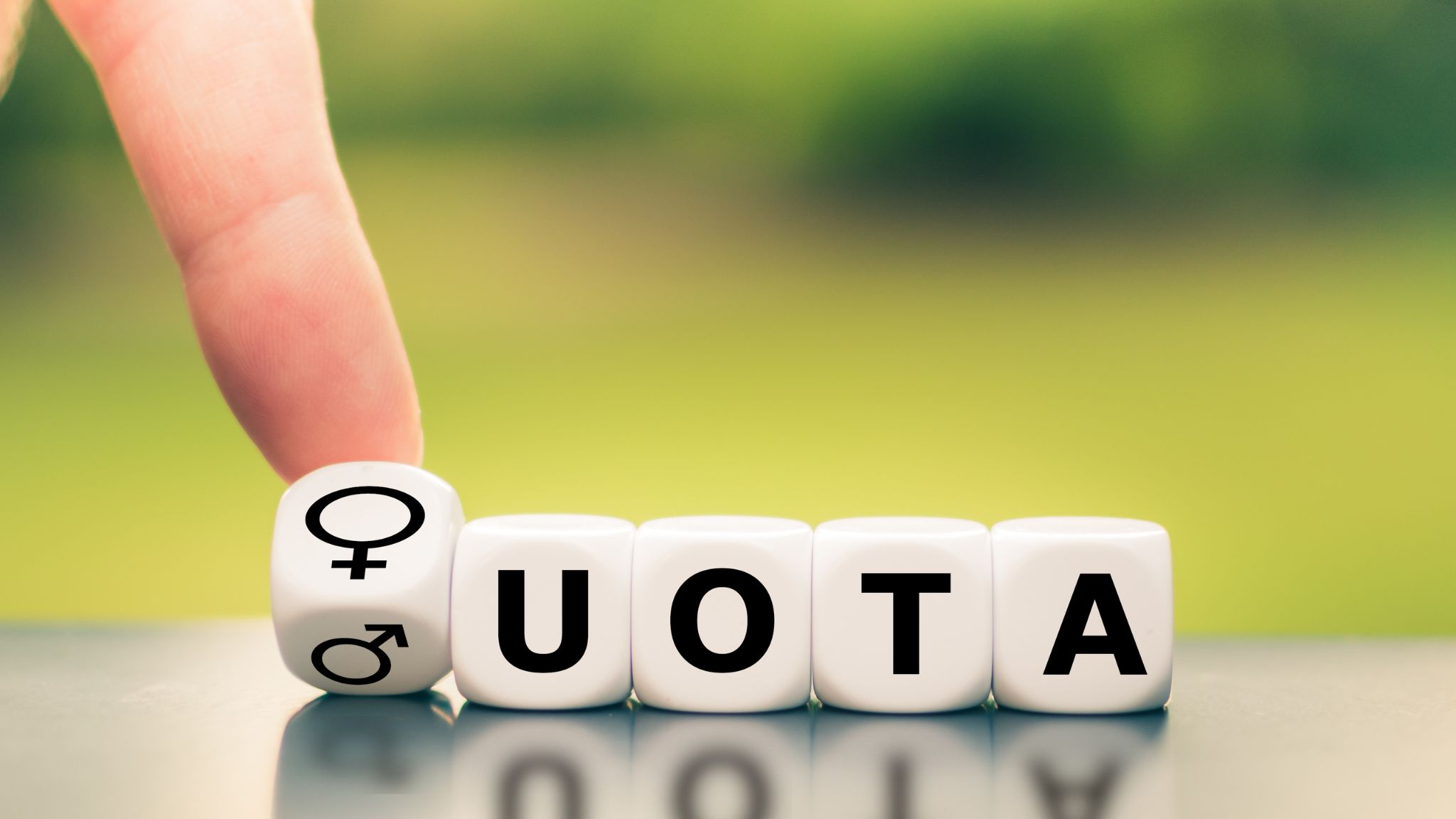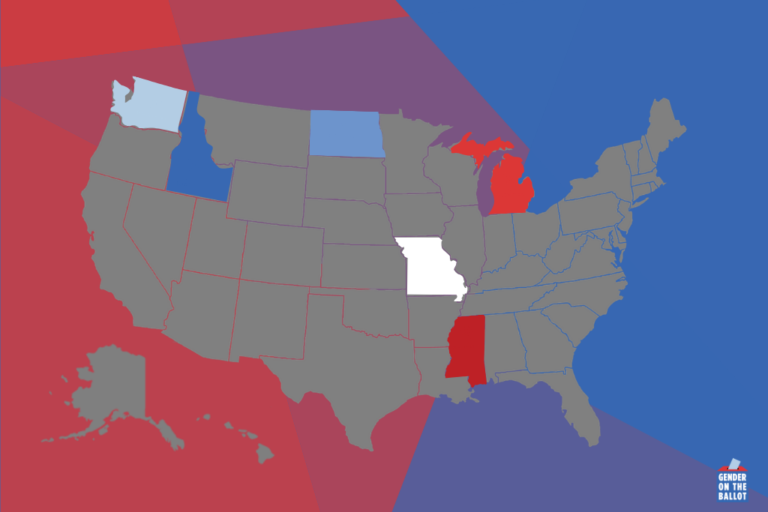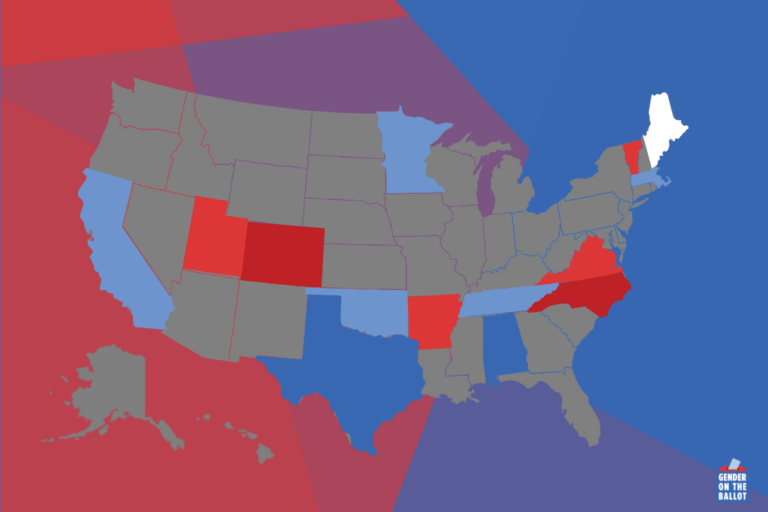With more women running for elected office than ever before, children today are more…
Beyond Numbers: Understanding the Influence of Gender Quotas on Women’s Political Empowerment

Gender quotas have become an important mechanism for promoting gender equality in political representation. This blog post explores their impact on women’s political empowerment, particularly in Malta, by discussing the historical context, current situation, and future prospects for gender equality in Maltese politics.
Understanding Gender Quotas
Gender quotas are affirmative measures designed to increase women’s participation in politics by reserving a certain proportion of seats for them. According to the European Institute for Gender Equality (EIGE), the goal is to provide a clearer pathway for women to enter political leadership, as they have historically been underrepresented. This is particularly relevant in Malta, where, despite advancements in other areas of gender equality, political representation remains unequal.
A Historical Overview of Women’s Political Participation in Malta
Women’s political participation in Malta has a long history, tied to the broader socio-political developments of the nation. Women were first granted the right to vote and run for office in 1947, preceding Maltese men who received this right three years later. However, significant measures aimed at improving female political representation only came in the 21st century. The Gender Corrective Mechanism, introduced in 2021, was a landmark policy. It mandates an increase in parliamentary seats if female representation falls below 40%, ensuring that women have a stronger foothold in Maltese politics.
Current State of Women’s Political Representation
Despite historical milestones, Malta still trails behind the European Union average in terms of female representation in politics. As of 2023, women made up only 20% of ministers and 28% of parliamentarians. Nonetheless, the introduction of gender quotas has led to noticeable progress. For example, the proportion of female MPs rose from 9% in 2013 to 28% in recent years, reflecting the success of policies like Act No. XX of 2021, which ensures an additional 12 female MPs if the 40% gender quota is not met.
Public Perception and Ongoing Challenges
Public opinion on gender quotas in Malta remains mixed. According to an academic study, 88.5% of respondents support gender-balanced representation, but only 66.5% endorse the Gender Corrective Mechanism itself. Critics argue that quotas could undermine meritocracy, implying that women should be elected based on merit rather than gender. Additionally, some fear that quotas might lead to tokenism, potentially harming the credibility of women in leadership.
Beyond quotas, societal norms continue to pose obstacles. Stereotypes about women as primary caregivers make it harder for them to engage in political careers that demand full-time commitment. As a result, many believe that measures like better childcare support and structural reforms in political institutions would be more effective than quotas alone.
The Future of Women’s Empowerment in Maltese Politics
While gender quotas have ignited a necessary debate, they are only part of the solution. Achieving true gender equality will require broader reforms, such as making parliamentary roles full-time, providing more financial resources, and fostering a political culture that values gender diversity. The lack of female candidates on electoral ballots also indicates the need for political parties to actively encourage more women to run for office.
In conclusion, Malta’s journey toward gender equality in politics is ongoing. Gender quotas have helped, but further cultural and institutional changes are crucial to dismantle the systemic barriers that limit women’s full participation in political leadership. Only then can gender quotas move from being a slogan to a meaningful reality.






